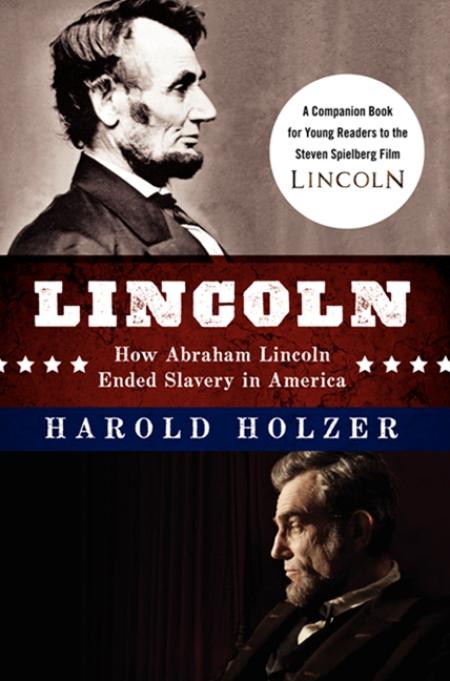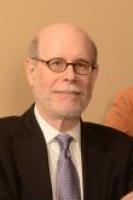
American Antiquarian Society
185 Salisbury Street
Worcester, MA 01609
United States
This lecture will examine two of the most important texts in American history both of which are 150 years old this year: The Emancipation Proclamation and the Gettysburg Address. In its own time, the Emancipation Proclamation was considered a politically risky, even revolutionary act. In more recent years, many Americans have been taught that it was cautious, insincere, and ineffective. What was the true impact and intent of Lincoln's most famous executive order? And what did he do to prepare the public for its announcement--sometimes to the detriment of his own reputation? The Gettysburg Address fundamentally changed the aims of the Civil War and reinterpreted America’s understanding of its founding principles. How Lincoln created these documents and their subsequent role in American life will be explored in this presentation.
Co-sponsored by the Franklin M. Loew Lecture Series at Becker College

Harold Holzer is one of the country's leading authorities on Abraham Lincoln and the political culture of the Civil War era. A prolific writer and lecturer, and frequent guest on television, Holzer serves as chairman of The Lincoln Bicentennial Foundation, successor organization to the U. S. Abraham Lincoln Bicentennial Commission (ALBC), to which he was appointed by President Clinton in 2000, and co-chaired from 2001–2010. President Bush, in turn, awarded Holzer the National Humanities Medal in 2008. Holzer has authored, co-authored, and edited 46 books. His latest books are How Abraham Lincoln Ended Slavery in America, the official young adult companion book to Steven Spielberg’s Lincoln film; and The Civil War in 50 Objects.

